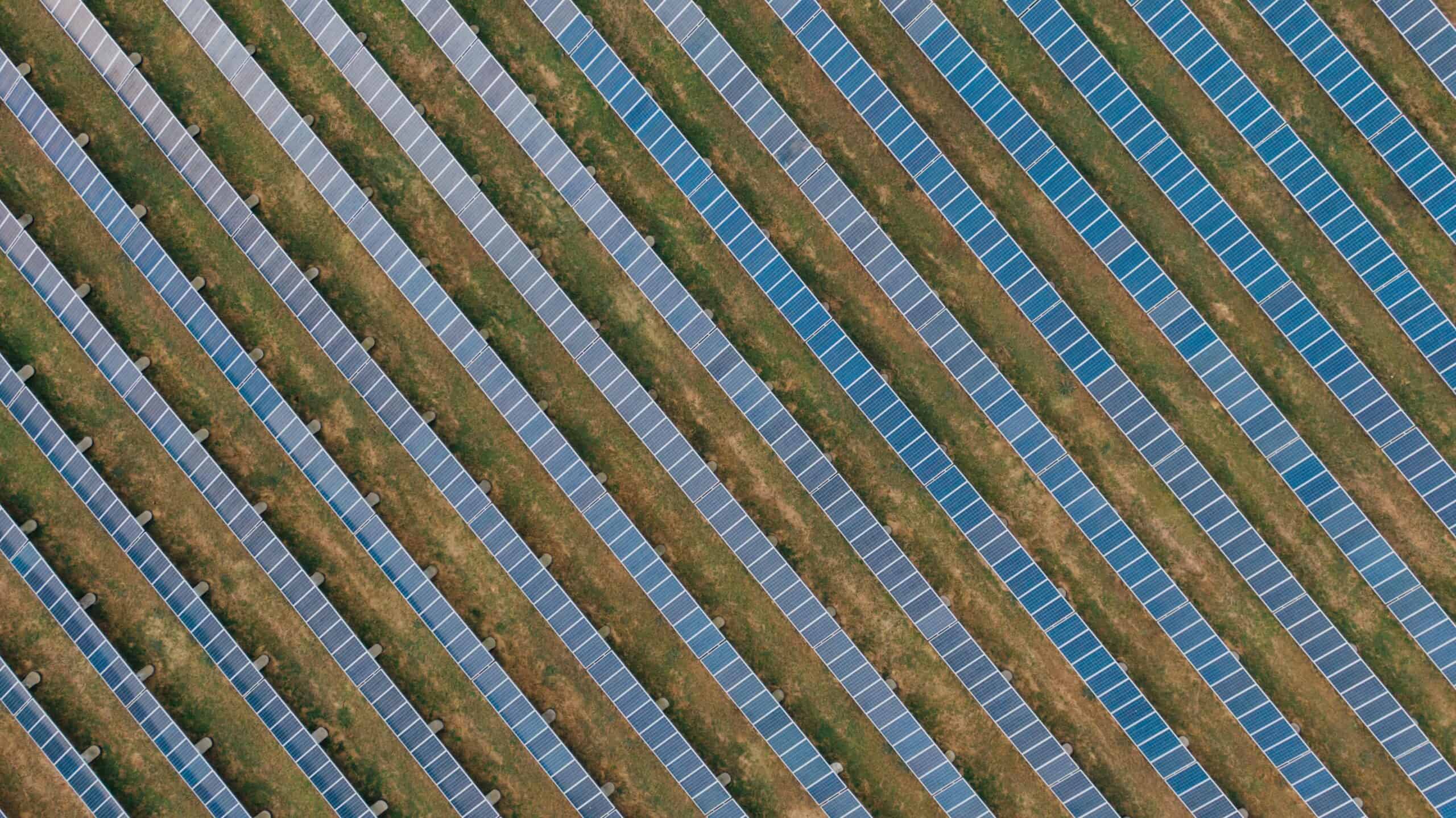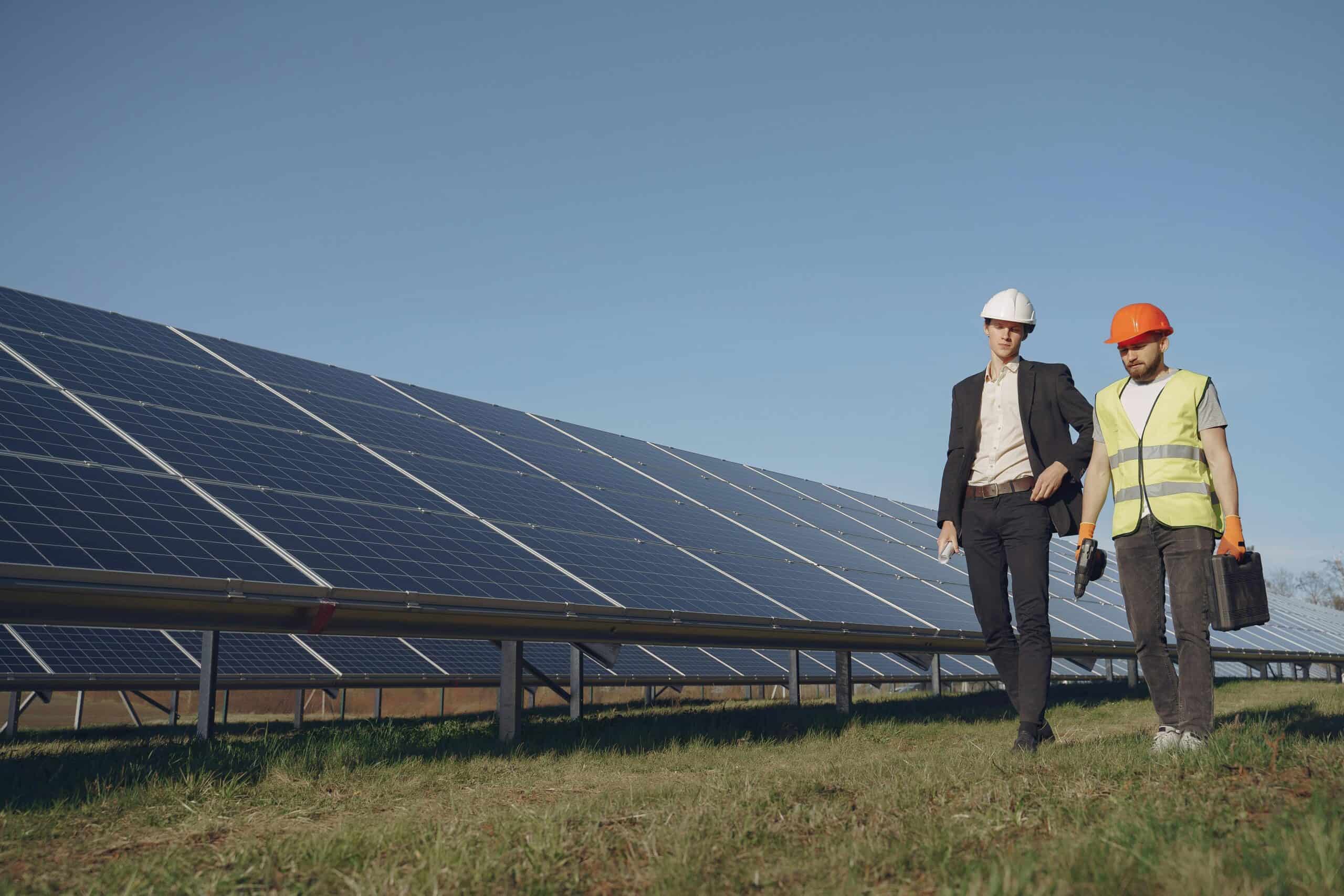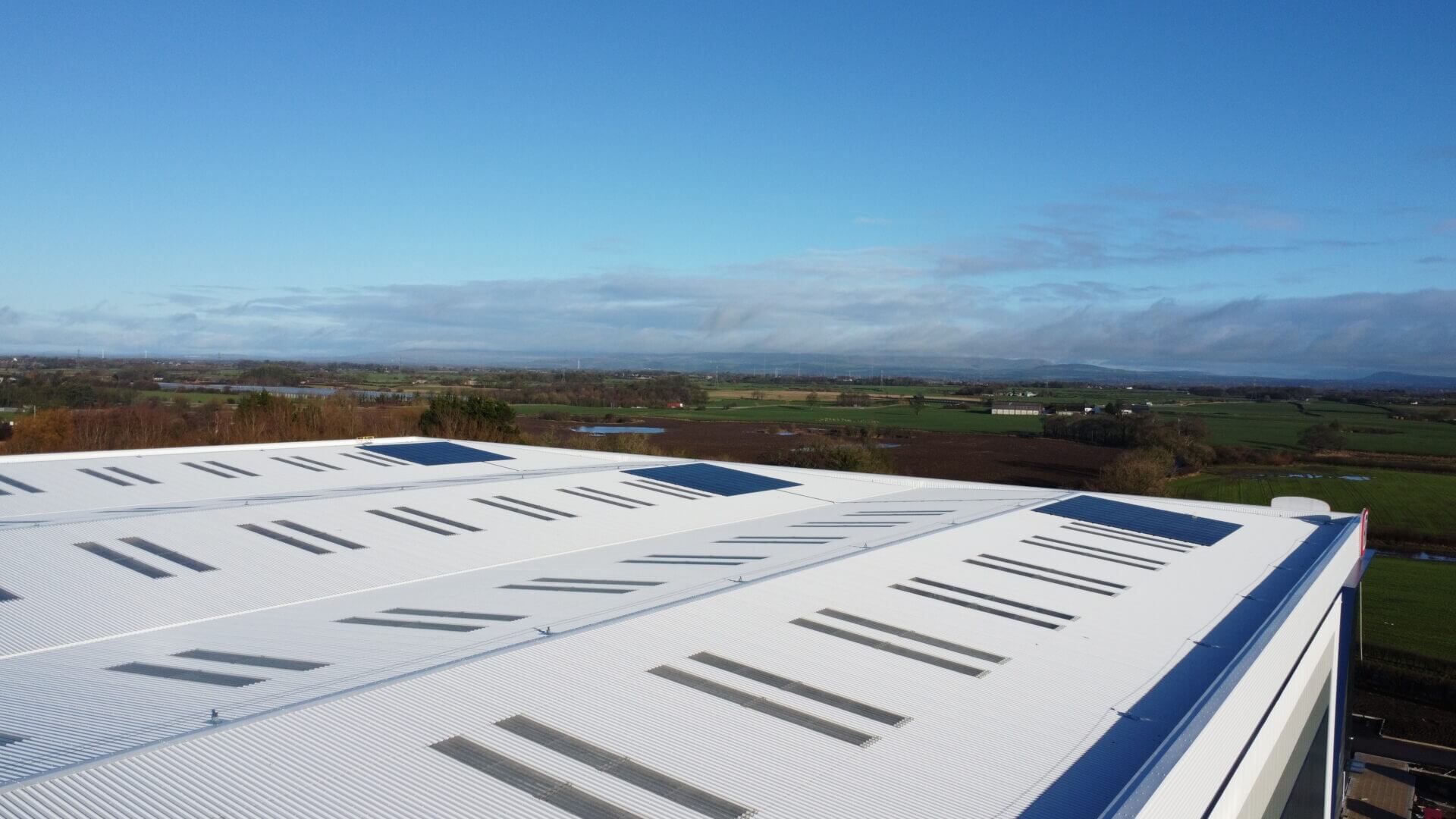In today’s rapidly evolving agricultural landscape, UK farmers are under increasing pressure to balance productivity with sustainability. Rising energy costs and new environmental rules are changing the energy landscape.
There is also a public demand for low-carbon options. These factors are driving a shift to renewable energy. Solar power is becoming a leading choice.
Many farmers may not know that the UK government offers financial incentives. These incentives make solar energy a great investment. These programs offer tax breaks and funding. They can lower installation costs and provide long-term savings.
A Natural Fit: Why Solar Works For Farms
Agricultural businesses are uniquely positioned to benefit from solar technology. With large roof spaces, open land, and high daytime electricity usage, farms can generate a substantial portion of their energy needs independently.
Solar power offers not only a reduction in reliance on the National Grid but also improved energy security in an increasingly unpredictable market.
Crucially, solar installations on farms are no longer just an environmental decision, they are a strategic financial investment backed by meaningful government support.

Government Support: What’s Available In 2025?
- Farming Investment Fund (FIF)
Administered by DEFRA, the Farming Investment Fund is designed to support improvements in productivity, animal welfare, and environmental sustainability.
There are two relevant funding streams under FIF:
- Farming Equipment and Technology Fund (FETF): Provides grants for small solar-powered tools. This includes solar water pumps, electric fencing, and lighting
- Farm Transformation Fund (FTF): Supports larger infrastructure upgrades. Direct funding for rooftop solar systems is limited. However, projects that include solar as part of a larger energy efficiency plan may qualify. For example, this could involve powering automated irrigation systems or energy-efficient drying facilities.
Applications are competitive, and funding windows vary throughout the year, so planning ahead is essential.
- Annual Investment Allowance (AIA)
The Annual Investment Allowance is one of the most effective tools available to farms investing in renewable energy. It allows businesses to deduct up to £1 million per year in qualifying capital expenditure, including solar panels and battery storage, from their taxable profits.
This means that a farm installing a £100,000 solar PV system could potentially reduce its tax bill by up to £25,000, depending on the business structure and profit levels. For many farms, this allowance dramatically improves the return on investment and shortens the payback period.
- Smart Export Guarantee (SEG)
Under the Smart Export Guarantee, farms with solar installations can receive payments for any unused electricity exported back to the grid. While SEG doesn’t provide up-front funding, it does offer a valuable revenue stream that enhances the long-term financial benefits of going solar.
SEG rates vary between energy suppliers, so it pays to shop around or work with a solar provider who can guide you through the application process. While some tariffs offer as little as 2p per kWh, others provide 10p or more and those figures add up quickly over a year of surplus generation.
- VAT Relief on Energy-Saving Materials
In a move to encourage wider adoption of green technology, the UK government extended VAT relief on energy-saving materials in 2024. This zero-rating now applies more broadly, potentially including some agricultural and mixed-use buildings.
Although commercial buildings still attract the standard 20% VAT, farms with a residential element such as a farmhouse, may benefit from reduced VAT costs, especially when installations are designed strategically.
The Financial Case For Solar
Beyond the grants and allowances, solar energy delivers consistent, measurable savings over time. Typical benefits include:
- Lower Energy Bills: Farms can cut electricity costs by 30–70%, depending on system size and usage patterns.
- Protection from Rising Prices: With wholesale energy markets becoming increasingly volatile, generating your own power provides long-term cost stability.
- Increased Property Value: Solar installations are seen as valuable assets, especially on modern, energy-conscious farms.
- Sustainability and Compliance: Solar helps farms meet growing ESG expectations and future-proofs the business against tightening environmental regulations.

Making The Switch: What Farmers Should Know
If you’re considering solar for your farm, the key is preparation.
Every farm is different, and the best financial outcome depends on matching your energy use, infrastructure, and business structure with the right incentives and system design.
Our team specialises in agricultural solar projects and understands how to build systems that work for farmers, not just the environment.
Final Thoughts
For UK farmers looking to reduce costs, stabilise energy use, and invest in a more sustainable future, solar energy is no longer a niche option, it’s a smart business decision backed by solid government support.
With grants like the Farming Investment Fund, tax incentives through the Annual Investment Allowance, and ongoing revenue from Smart Export Guarantee payments, solar has become a realistic and rewarding investment for farms of all sizes.

